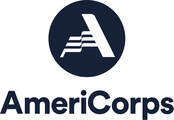|
Helen in its heyday was home to over 1,000 people. The Raleigh County coal camp bustled with multiple mines, a company store, a miner’s clubhouse and even a movie theater. Today, like many of the coal camps in the area, Helen’s population has nearly gone away altogether, along with some of the prominent buildings of the town. What is left are memories and a group of people who would like to see those memories preserved. Some of those folks were at the town’s Miners Memorial Tuesday morning to install interpretive signs discussing Helen and the surrounding area’s history. Six signs in total were installed thanks to a cooperative effort between the National Coal Heritage Area Authority, the Preservation Alliance of West Virginia and a local nonprofit, the Winding Gulf Restoration Organization, commonly called We Grow. "This has been a long time coming,” said Traci Lewis, president of We Grow.
According to Lewis, the signage was years in the making and she hopes that it will help draw more visitors to the area. Founded in 2004, We Grow aims at keeping alive the history and heritage of the Winding Gulf Coalfield region and has organized many events and projects, including the installation of the Miner’s Memorial on the site of Helen’s old company store. Lewis isn’t the only one in her household involved; her husband John L. Lewis Jr. has also been part of We Grow since the beginning. John Lewis was raised in Helen and the project is very personal for him. “People don’t understand throughout this nation what a true coal mining community meant,” he said. “This was all family.” According to John Lewis, families in the town traded each other for individual family specialties, often based on their nationalities, and relied on each other for support. In the case of Lewis’ own family, which was Greek, it was baking bread. According to the Helen native, the community involvement and the self-sustaining nature of a coal camp meant a tighter community bond. A fact that he reminisces about. “I remember the vibrance as a young man,” John Lewis said. Many of Lewis’s memories are based on his time with his grandfather who is featured on one of the interpretive signs. “I remember as a child, I couldn’t have been 5 or 6 years old, going to that company store with my grandfather. I can remember it clear as day, an orange creamsicle Popsicle walking across this bridge and eating it with my grandfather,” John Lewis said in the exact location of the memory. While personal, Lewis also views the region’s coal heritage as a central part of the American story. “It wasn’t about coal-fired electric,” Lewis said. “It was about steel. Steel was what built this nation. All the big warships. All the tanks.” Read the rest of this story at the Register Herald website. A New Deal-era house in Arthurdale is better preserved thanks to a collaborative project between Arthurdale Heritage, Inc., and local AmeriCorps members.
On March 15, AmeriCorps members with the Preservation Alliance of West Virginia worked with the Arthurdale Heritage community to apply UV protection film to the windows of the site’s historic house museum. This UV film will help ensure the longevity of artifacts inside the house, such as documents, photographs, textiles, and furniture, that are sensitive to light and changes in temperature. The two-story Wagner-style house built in 1935 gives visitors a sense of life at Arthurdale, the nation’s first New Deal Subsistence Homestead Community. Established by the Roosevelt administration in 1933, Arthurdale provided jobs, education, and modern housing for impoverished and unemployed local people. It also served as a laboratory for new educational, industrial, and farming techniques. Arthurdale Heritage, Inc.,was formed in 1985 as a nonprofit organization dedicated to restoring and preserving the cultural heritage of historic Arthurdale, located in Preston County. This hands-on service project brought together a number of AmeriCorps members from West Virginia. It was organized by Pamela Curtin, a Preserve WV AmeriCorps member serving with Clio, a nonprofit website and mobile app developed by Marshall University that connects the public to historic and cultural sites. “Arthurdale’s historic structures and artifacts have unique stories to tell,” says Curtin, who is based in Morgantown. “These stories are not only nationally-significant, but also personally meaningful to the families who lived and continue to live there. This project presented a wonderful opportunity to help preserve this history.” Curtin coordinated the project with Nora Sutton, an Appalachian Forest Heritage Area AmeriCorps member serving with Arthurdale Heritage as a Museum Associate. “Collaborative projects like this one are so important to Arthurdale Heritage’s mission to preserve the structures and artifacts in our care,” says Sutton. “Applying this protective film to the house windows will help us care for unique textiles and furniture that were made here by original homesteaders. It was great to work with other AmeriCorps members dedicated to preserving the past.” Both Curtin and Sutton are alumni of West Virginia University’s Public History MA program. Several other AmeriCorps members volunteered for the project, including Rachel Niswander, Charlotte Riestenberg, Sydney Stapleton, and Jason Wright. Ed Turnley, Vice President of the Board of Directors and member of the Arthurdale Heritage Maintenance Committee, oversaw volunteer tasks, such as cleaning the windows and measuring, cutting, and applying the UV film. Turnley is also an Arthurdale homesteader descendant whose family lived not far from the house the volunteers worked on. This project contributes to a larger effort by Arthurdale Heritage to preserve its historic structures, which also include community and administrative buildings, barns, a former gas station, and an iron forge. Supplies for this project, including the professional UV film, were generously funded by the Preservation Alliance of West Virginia, the state’s leading grassroots organization dedicated to the support and promotion of historic preservation. In addition to education, outreach, and advocacy, PAWV coordinates an AmeriCorps program that places volunteers with small museums, heritage tourism agencies, and main street groups. AmeriCorps is a program of the Corporation for National and Community Service, an independent federal agency whose mission is to improve lives, strengthen communities, and foster civic engagement through service and volunteering. |
Preserve WV StoriesCategories
All
Archives
August 2023
|
Get Involved |
Programs |
Contact UsPreservation Alliance of West Virginia
421 Davis Avenue, #4 | Elkins, WV 26241 Email: [email protected] Phone: 304-345-6005 |
Organizational Partners:
© COPYRIGHT 2022 - PRESERVATION ALLIANCE OF WEST VIRGINIA. ALL RIGHTS RESERVED.

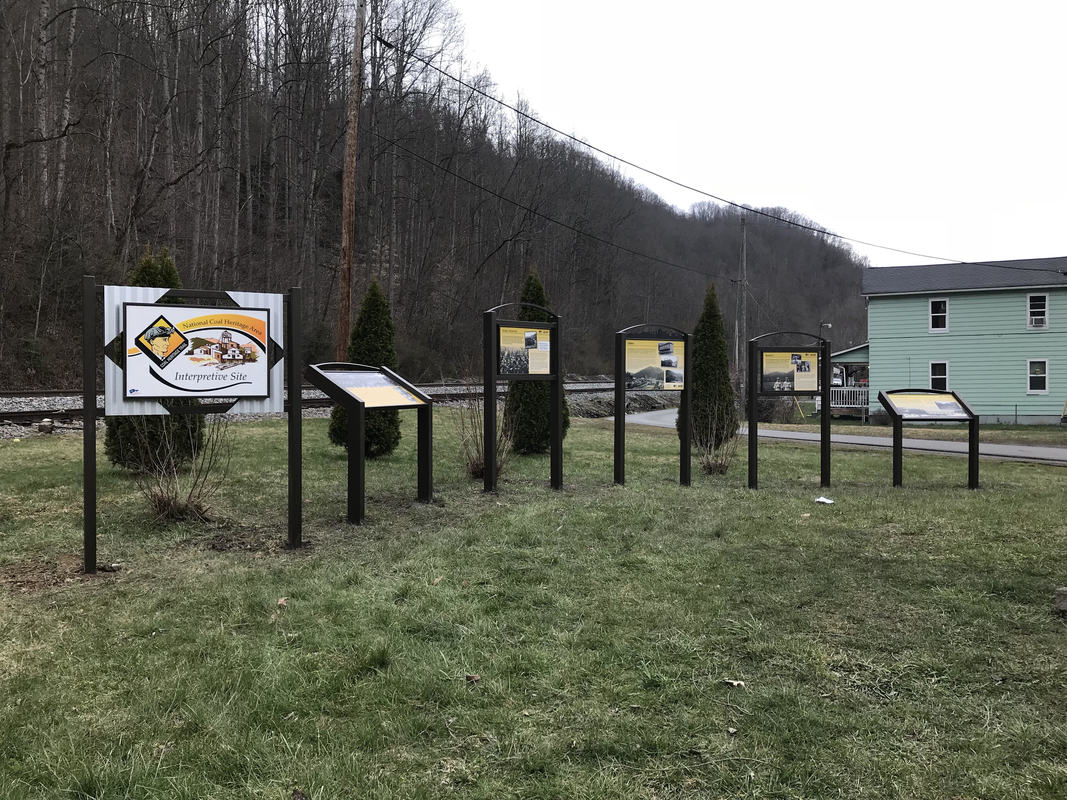
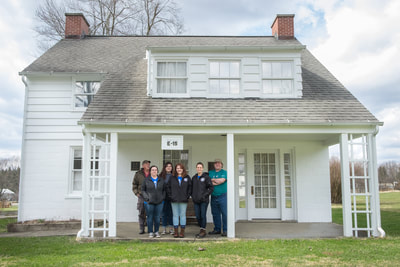
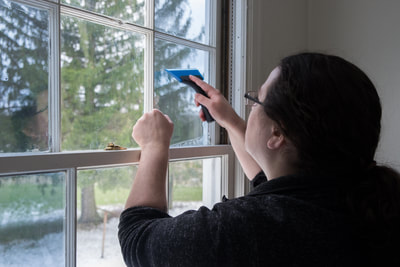
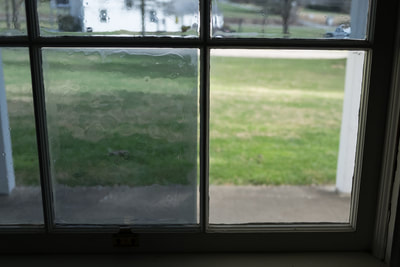
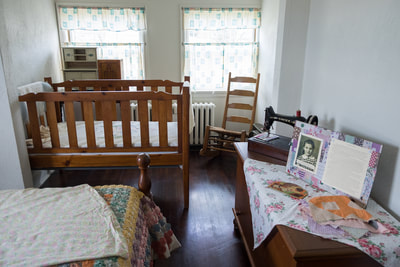
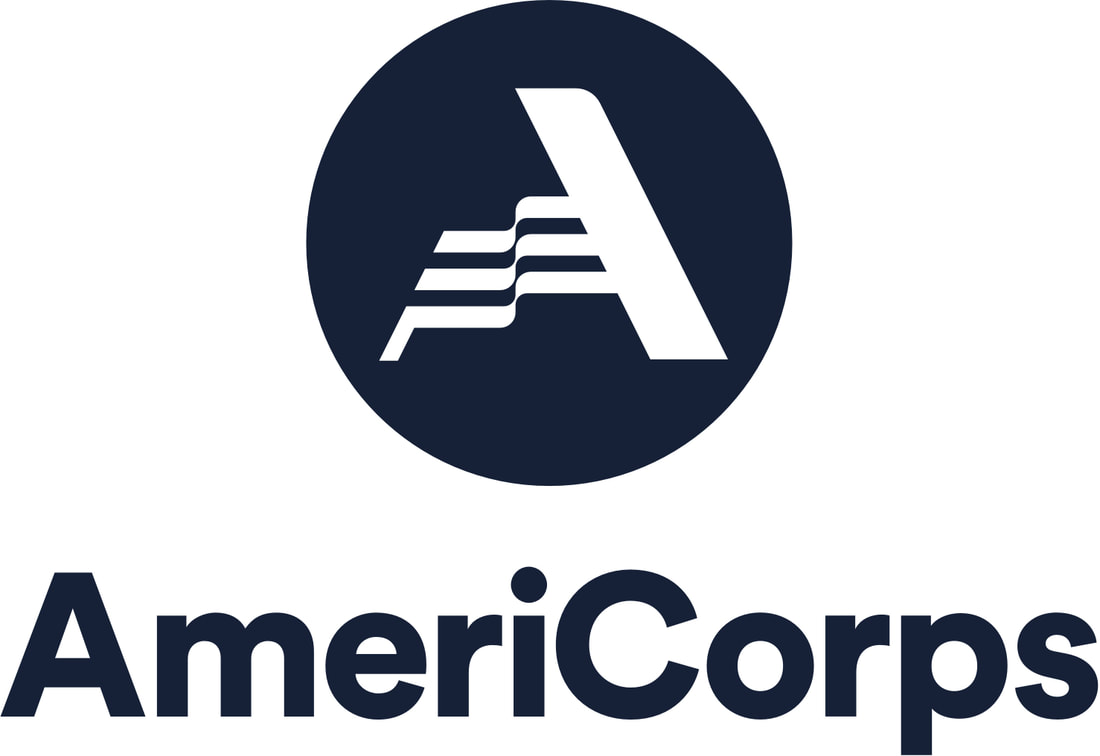
 RSS Feed
RSS Feed

